On October 15, 2025, the Department of German Language and Literature at the School of Foreign Languages (SFL) successfully held the Sino-German Academic Workshop entitled “ Classics, what for?—The Contemporary Value of German Classical Literature in the Era of Global Upheaval”. Renowned experts and young scholars from China and Germany gathered to discuss the artistic achievements and practical relevance of German classical literature.
The workshop was chaired by Associate Professor Hu Wei, Dean of the German Department at SFL. She reviewed the development of German studies at Peking University and its tradition of classical literature research, highlighting the foundational work of pioneering scholars including Feng Zhi, Yang Yezhi, Tian Dewang, Fan Dacan, and Zhang Yushu. She also introduced the remarkable achievements of the department in recent years in translating, introducing, and researching German classical literature. Finally, she expressed gratitude for the strong support from units including Peking University’s Office of International Relations.
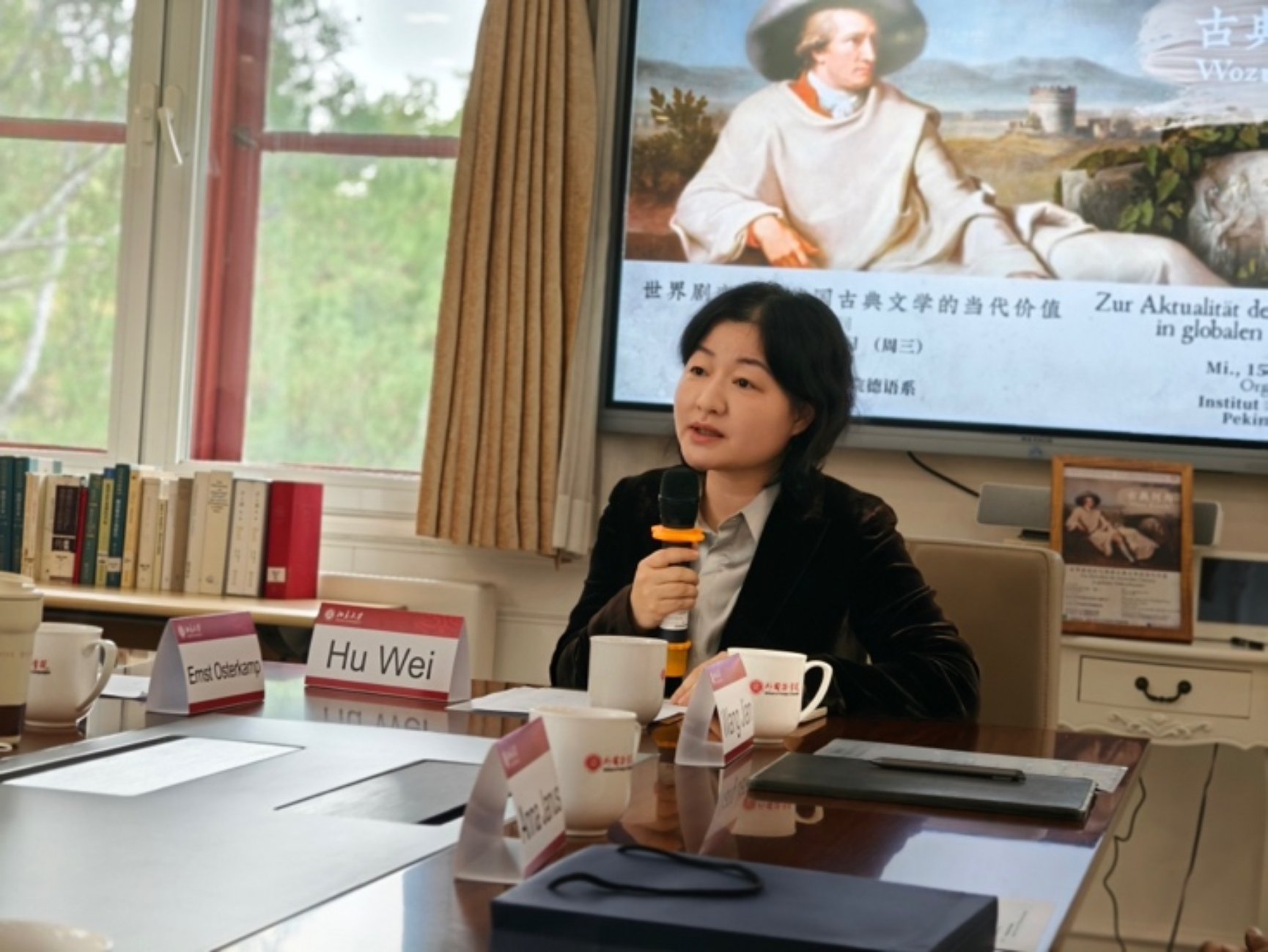
In her speech, Dr. Anna Janus, Cultural Attaché of the German Embassy in China, reviewed a series of important events hosted by the German Department and its positive contributions to Sino-German cultural exchanges. She emphasized that reading and studying literary classics as “constants” can broaden horizons, foster a long-term perspective, and inspire new wisdom. Professor Wang Jian, Director of the Academic Committee of the SFL and a faculty member of the German Department, noted in his address that classical literature embodies a profound contemporary consciousness and practical concern. He stressed that exploring history, constructing identity, and envisioning the future through classical studies is highly necessary amid new tasks and challenges facing the humanities and social sciences today.
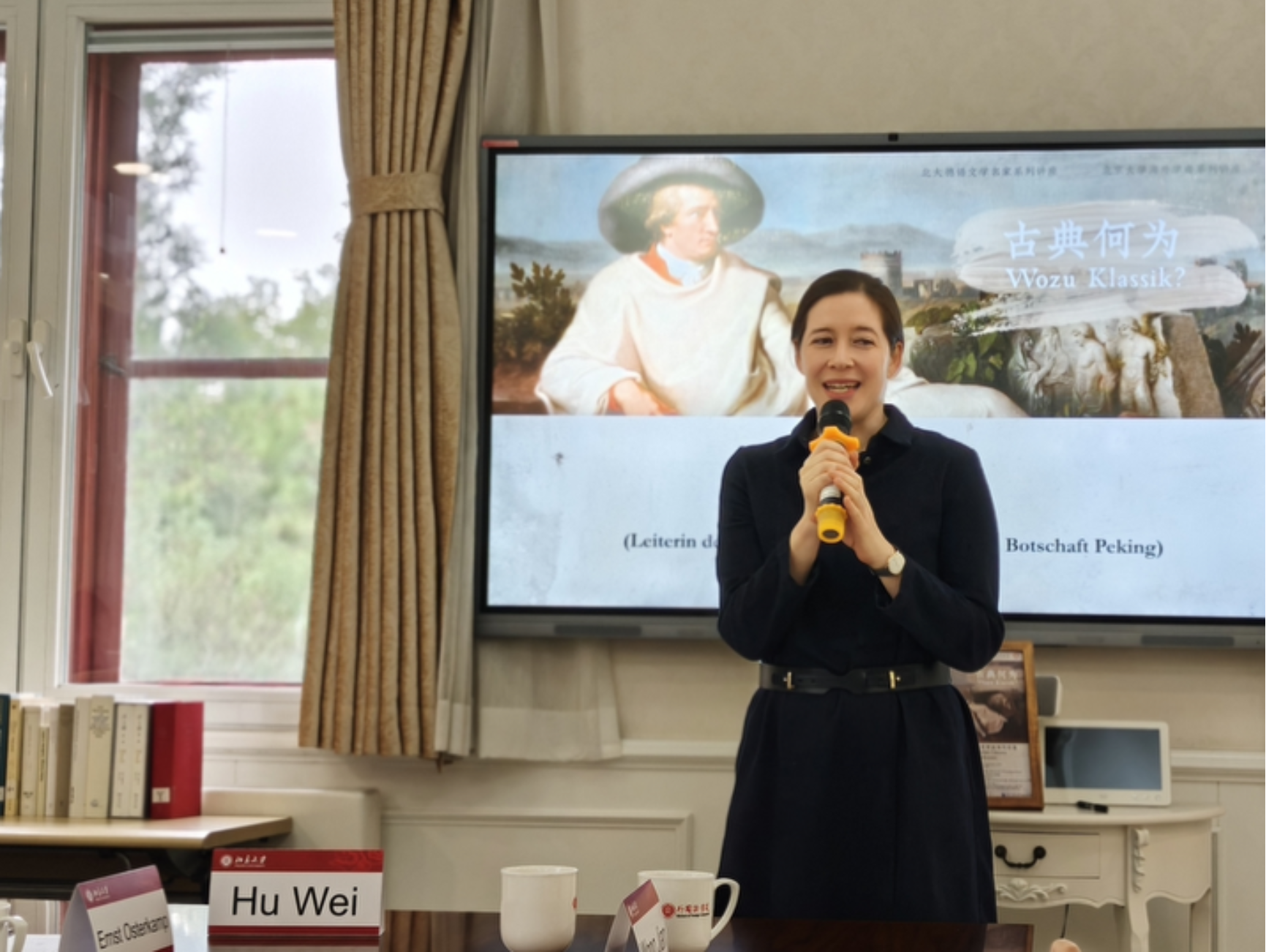
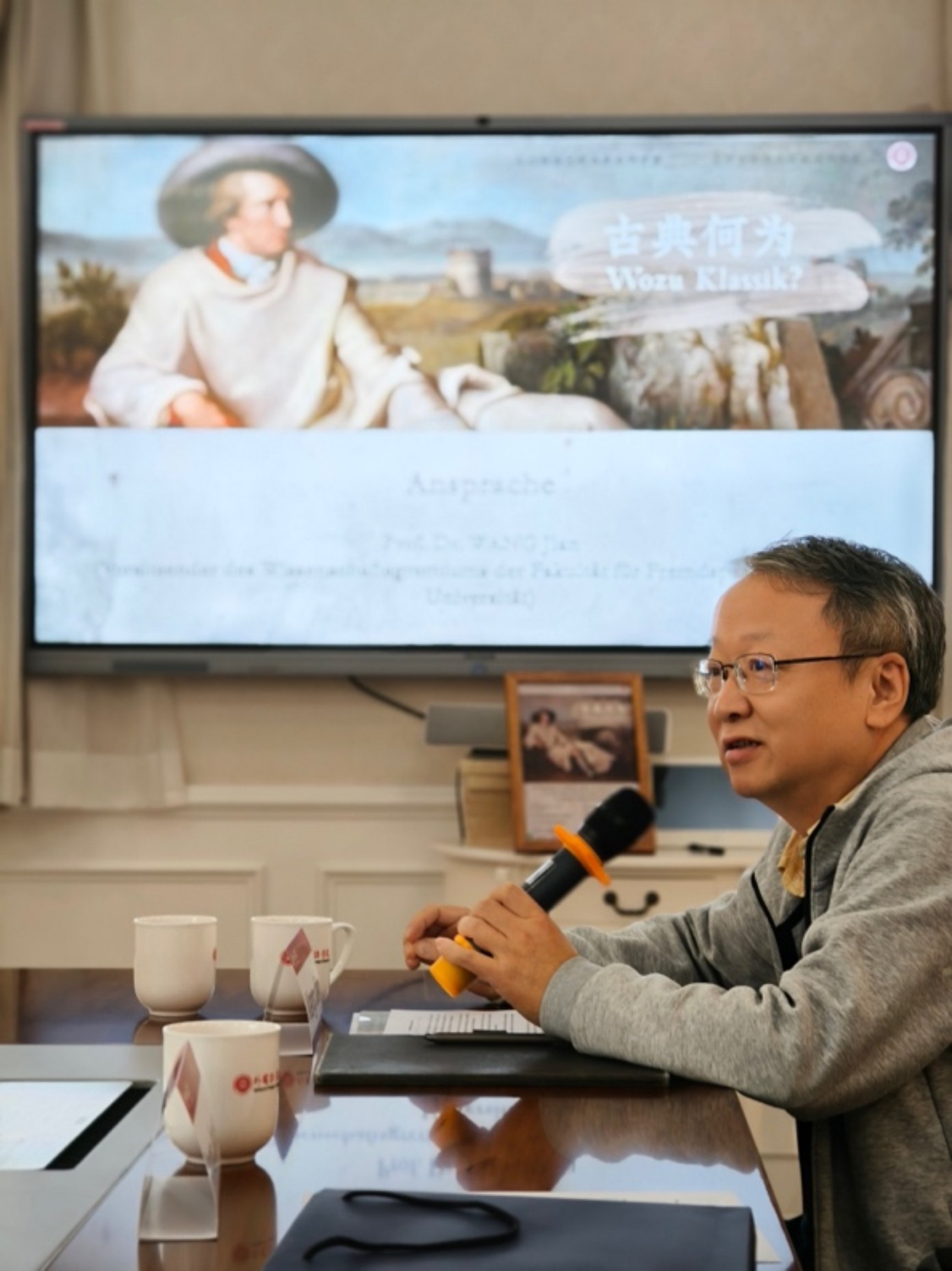
The first session was chaired by Xu Yi, a postdoctoral fellow from the German Department. Professor Ernst Osterkamp, Emeritus Professor at Humboldt-Universität zu Berlin and former President of the German Academy for Language and Literature, delivered a report titled “The Poetic Firmament: Sun, Moon, and Stars in Goethe’s Poetry”. Focusing on the literary representation of celestial imagery in Goethe’s lyrical works and their poetic connotations, he elucidated Goethe’s poetic astronomy centered on human perception. Professor Gu Yu from the German Department presented a report entitled “Pirates, Maritime Freedom, and the New European Order”. Starting from the first three scenes of Act V in Part Two of Faust, she explored the tension and conflict between maritime civilization and Europe’s age-old land-based traditions. Professor Anne Bohnenkamp-Renken from Goethe-Universität Frankfurt delivered a report titled “Goethe Between Classicism and Romanticism”, explaining in accessible terms the significance of Goethe’s residence as a cultural space and vividly illustrating the interplay and collision of classical and romantic trends during Goethe’s era.
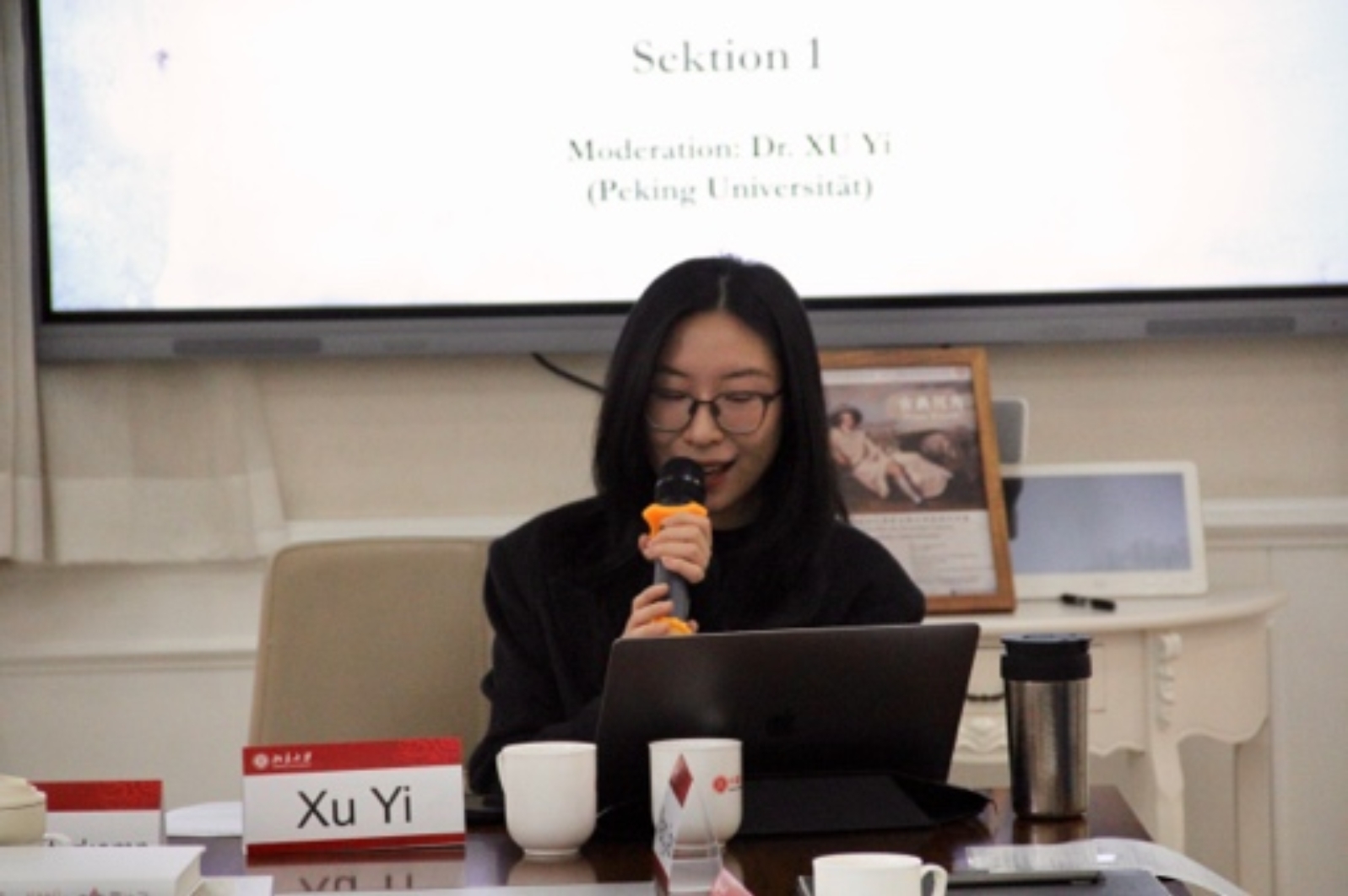
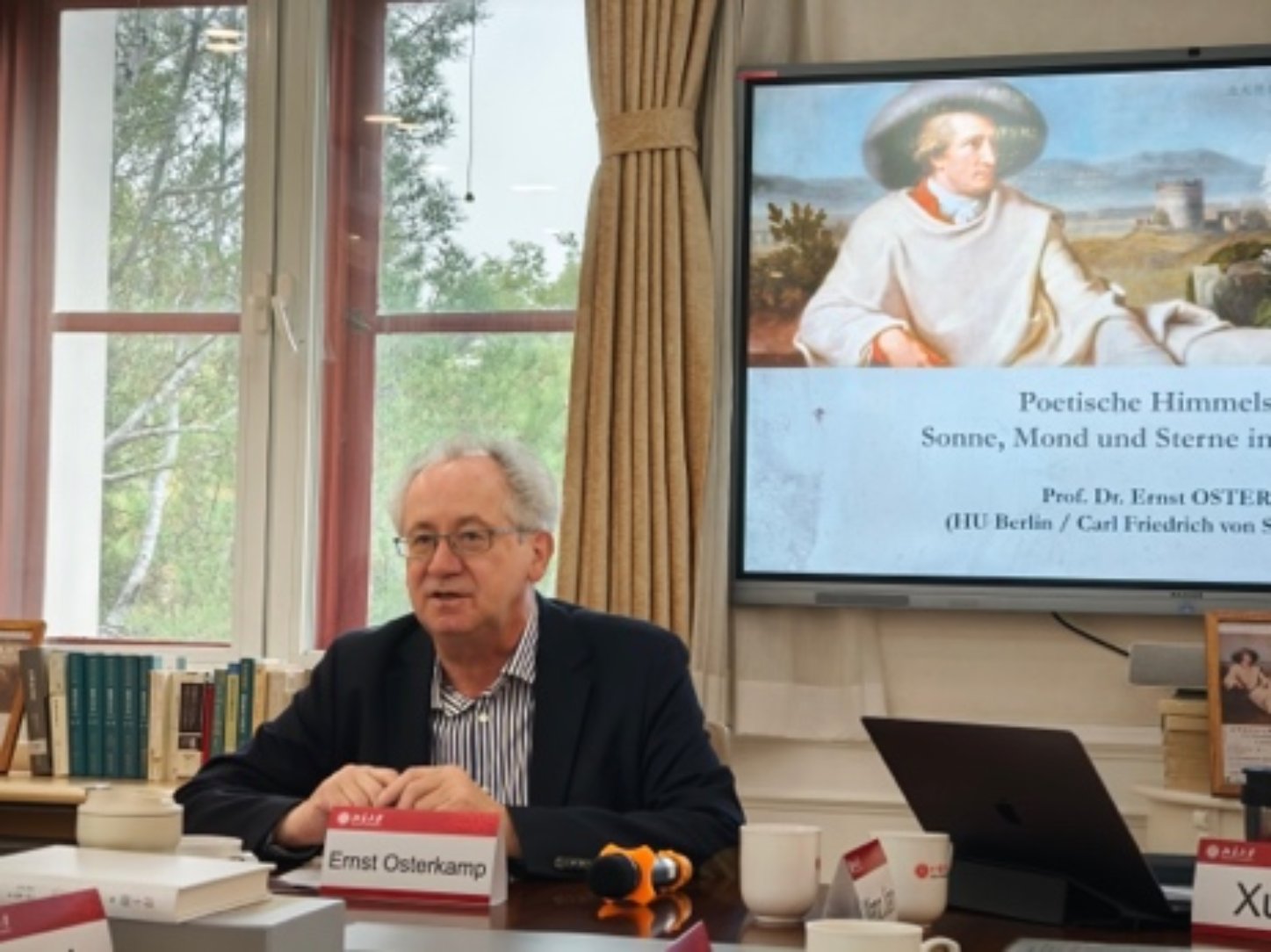
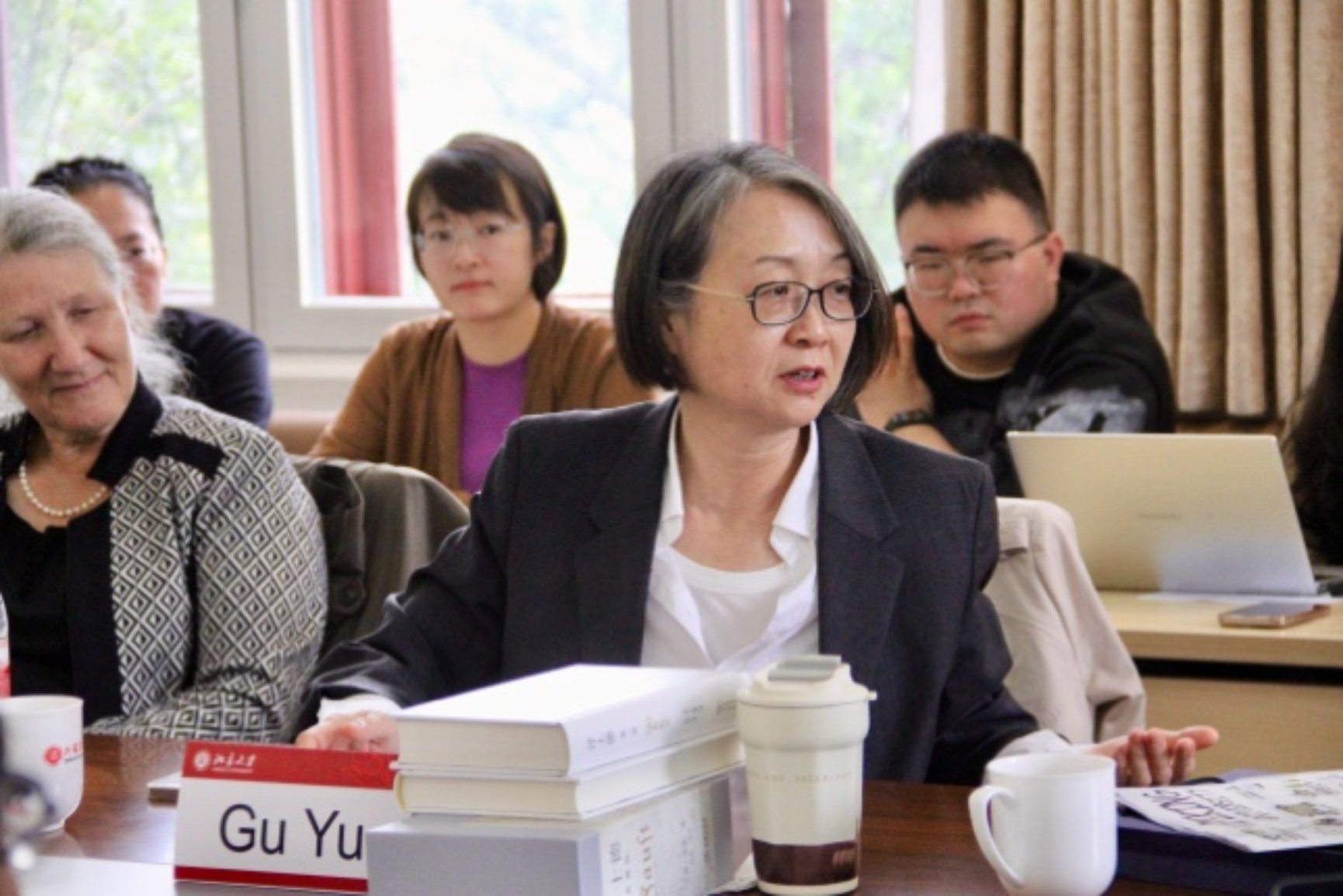
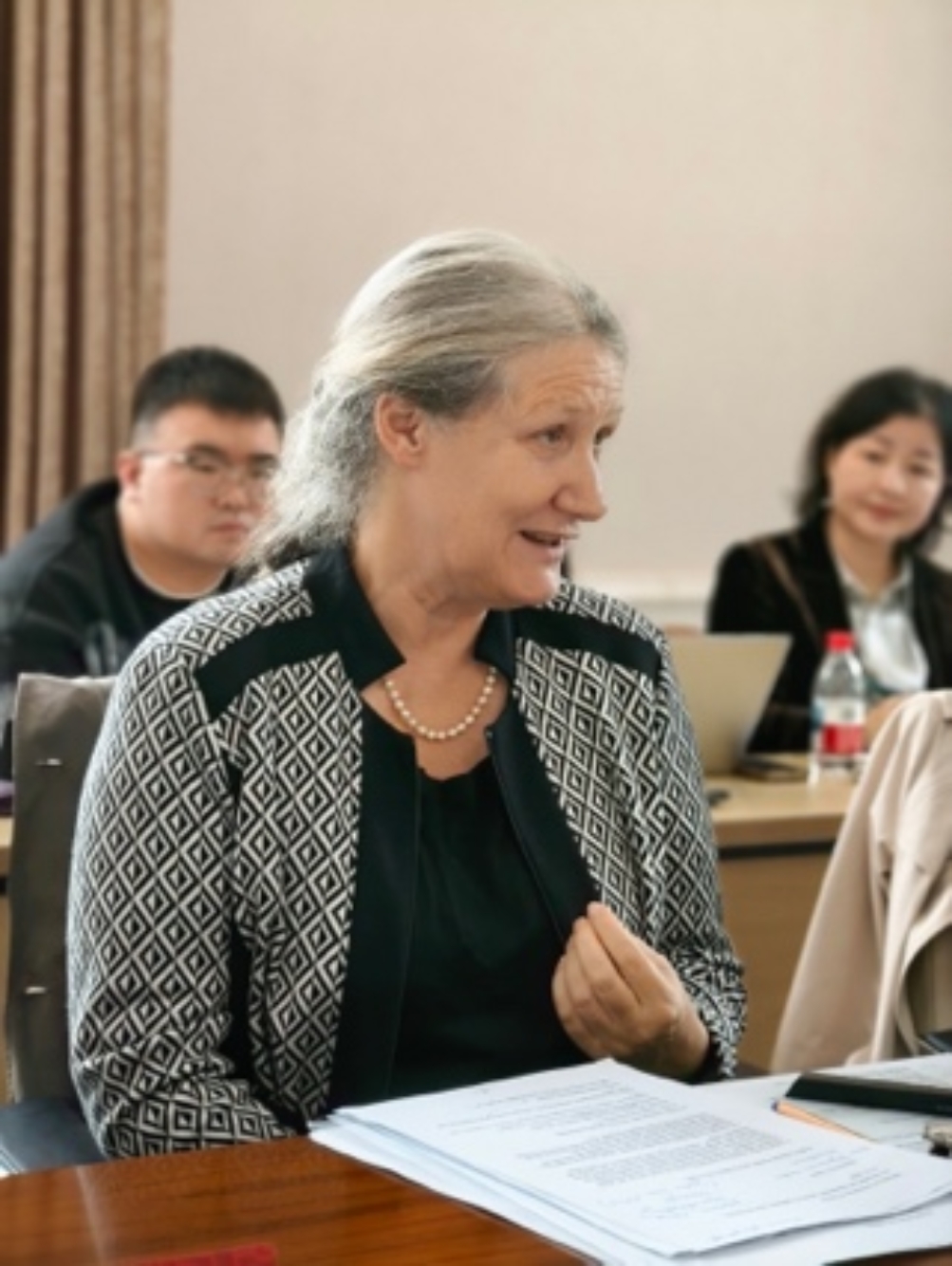
The second session was chaired by Yue Zihan, a postdoctoral fellow from the German Department. Dr. Lu Baiyu from the department presented a report titled “Learning from the Classics: Lessing’s Interpretation of Aristotle in Hamburg Dramaturgy”. Based on Lessing’s citations and interpretations of Aristotle’s Poetics, she analyzed the two core concepts of tragedy: “plot” and “character”. Professor Mark-Georg Dehrmann from Humboldt-Universität zu Berlin gave a report titled “The Classical is the Modern”, taking Schlegel’s On the Study of Greek Poetryas an example to argue that classicism and romanticism share a temporal consciousness oriented toward an open future. Associate Professor Mao Mingchao, Deputy Dean of the German Department, delivered a report titled “Another Experience of Luck: A Praxeological Study of Prof. Yang Yezhi’s Translations of Hölderlin”. Through manuscript analysis, he visually showcased Prof. Yang’s ingenuity in translating poetry, fully reflecting the complexity and cultural depth of translation as a creative intellectual endeavor.
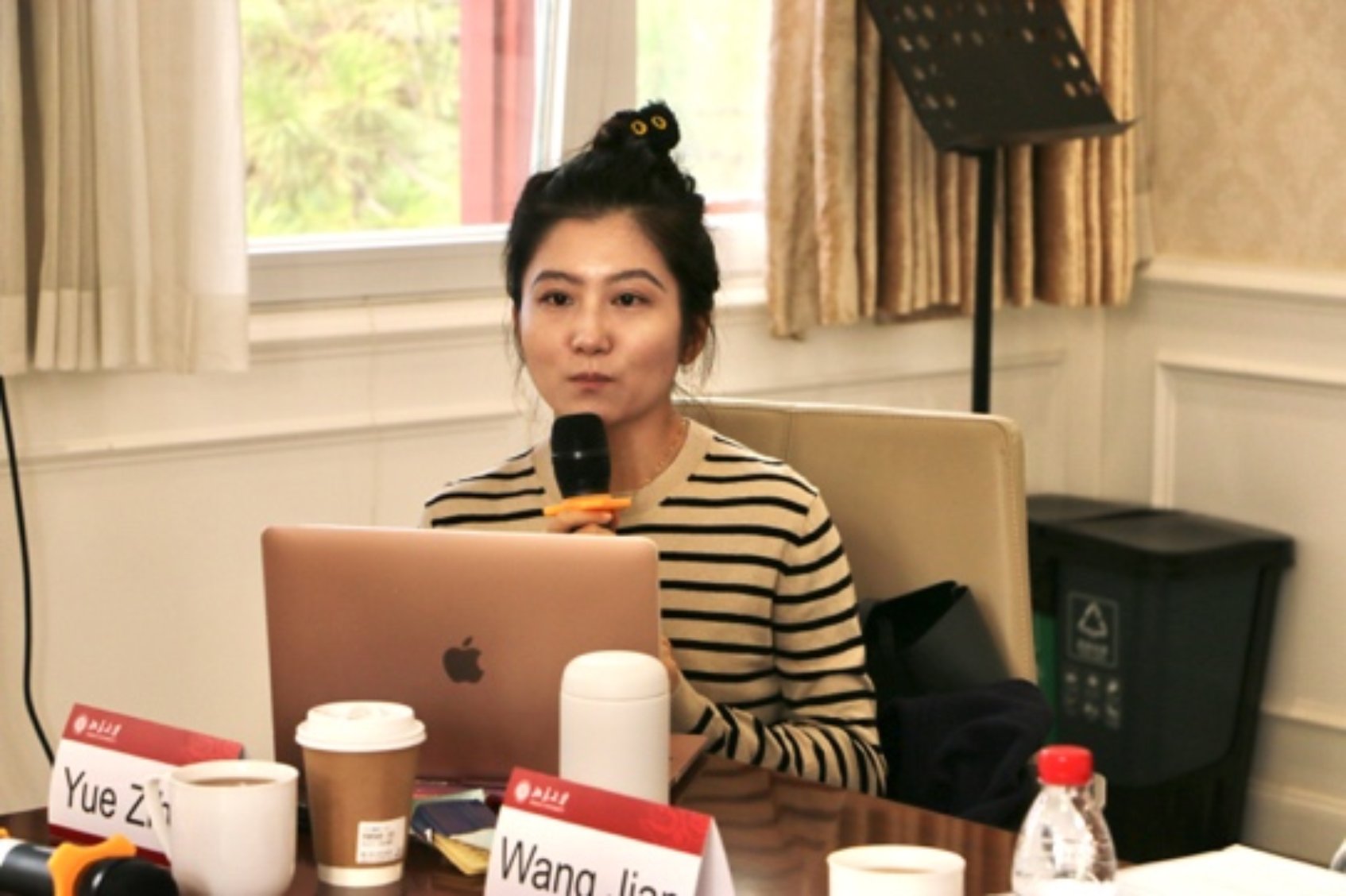
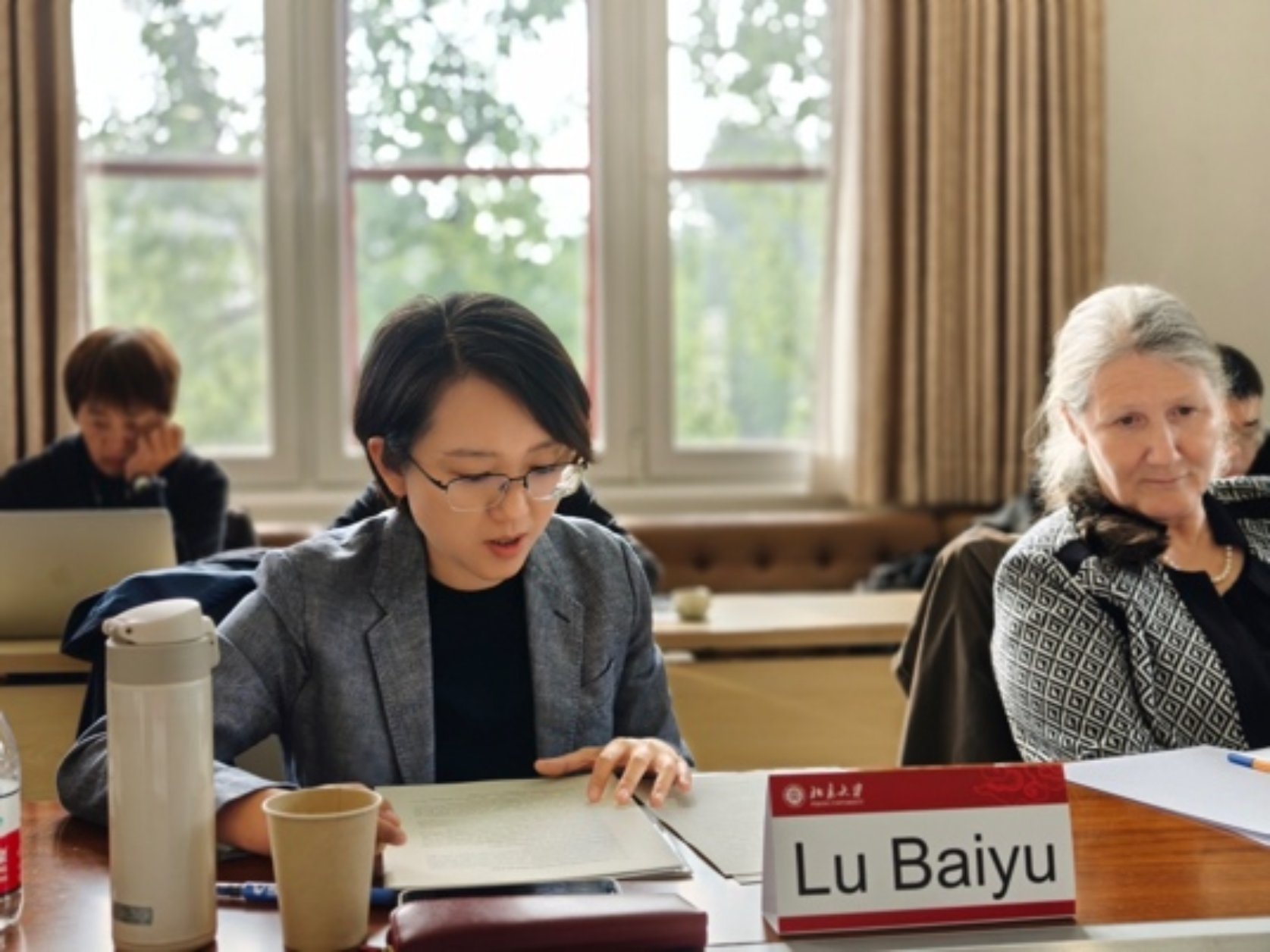
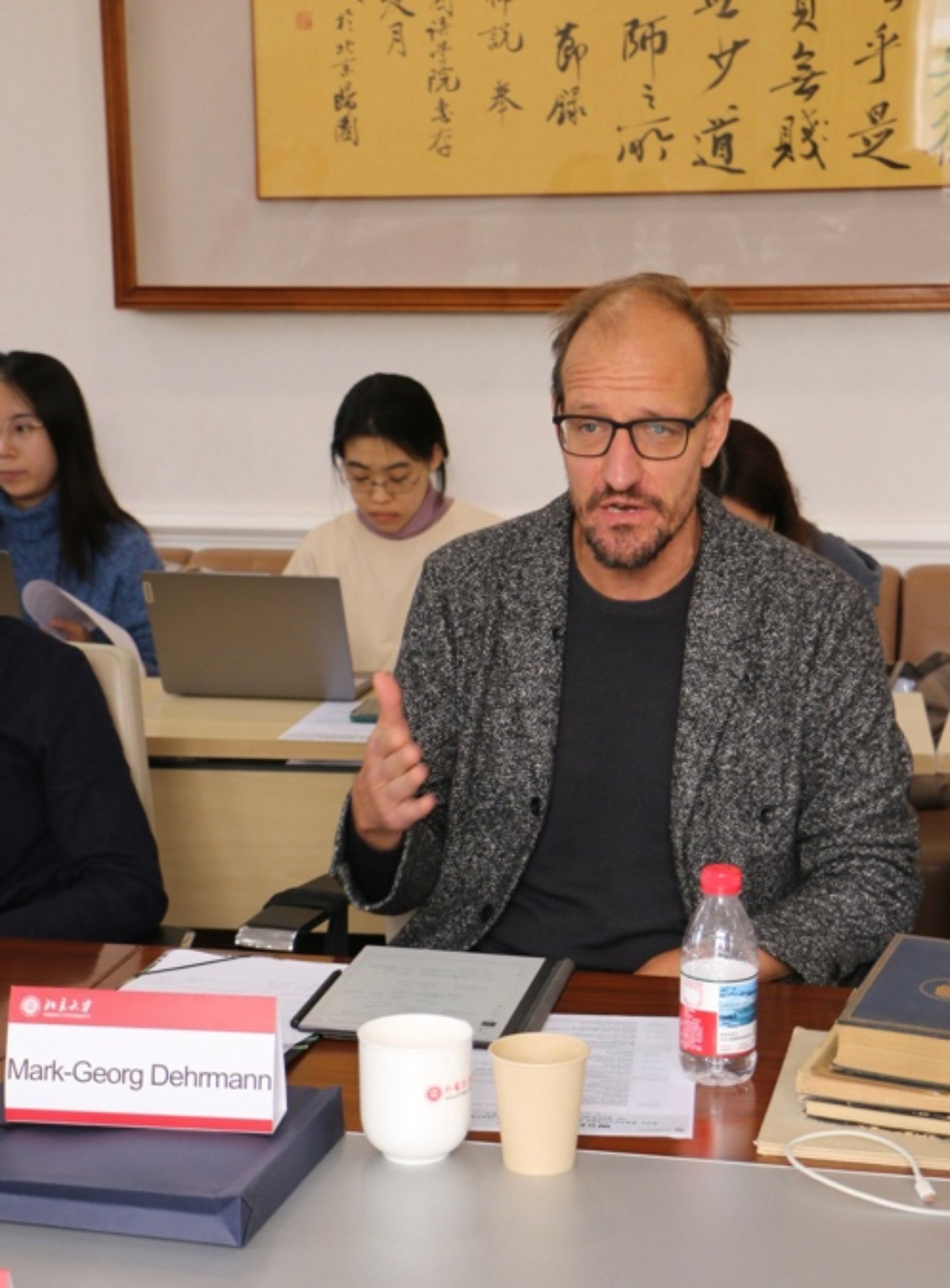
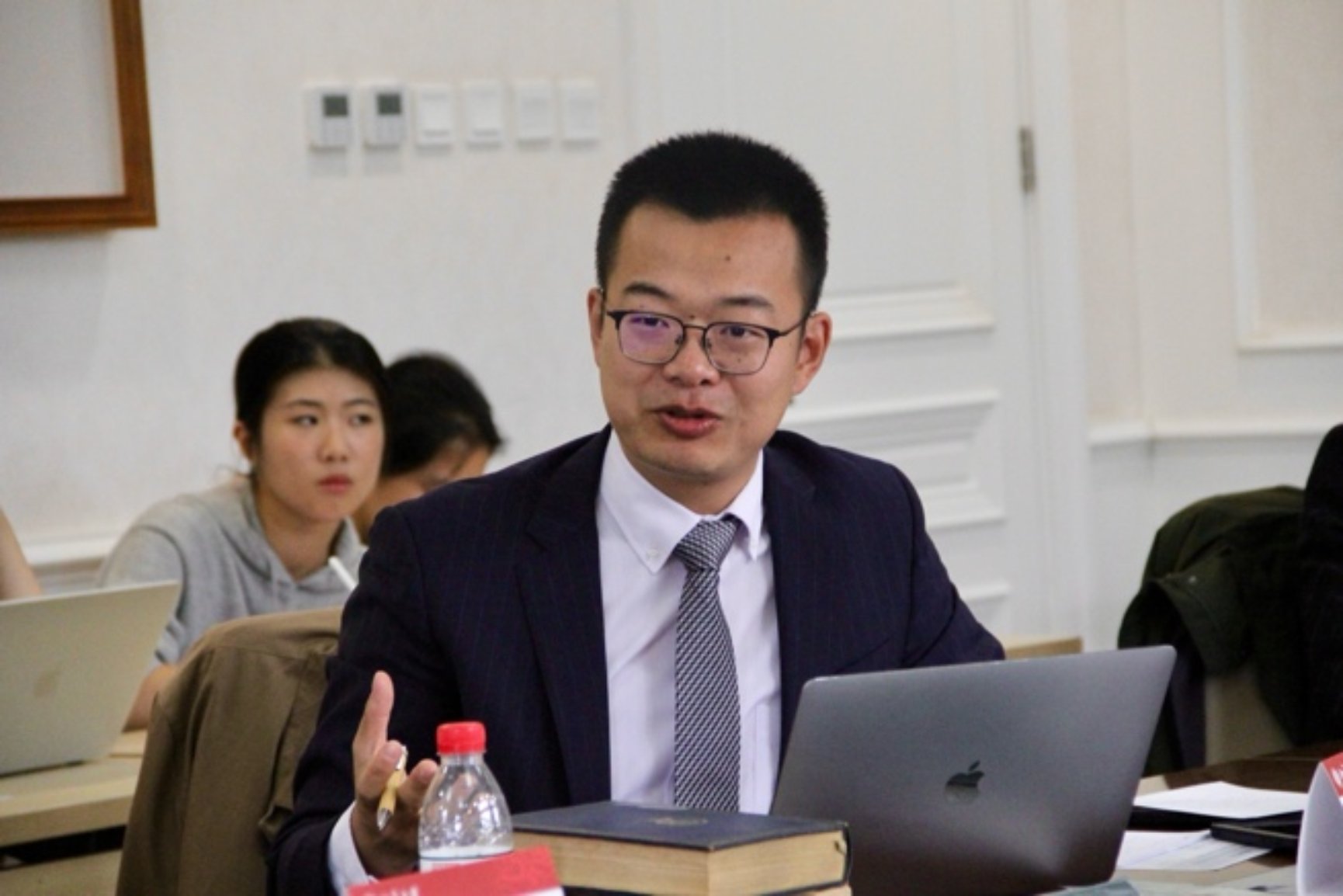
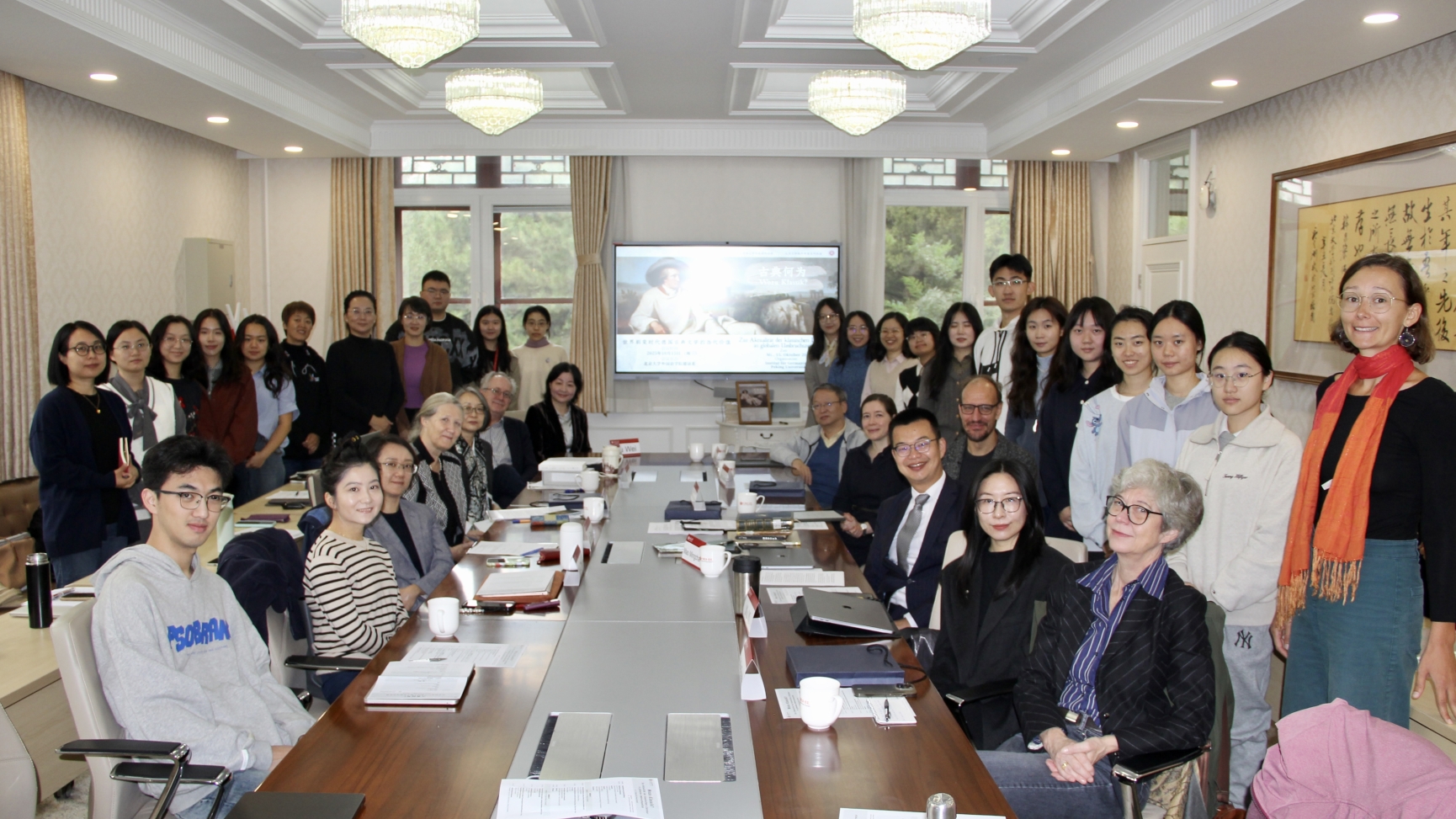
Adopting a traditional philological approach that stays close to texts and engages with the times, this workshop reexamined the aesthetic contributions and historical significance of German literature from diverse perspectives, in line with the context and demands of the new era.
By Liang Guoling, Lü Shuting, Liu Mingqian
Photo by Ying Linqi, Gao Yingqi
Translated by Chen Xirong
